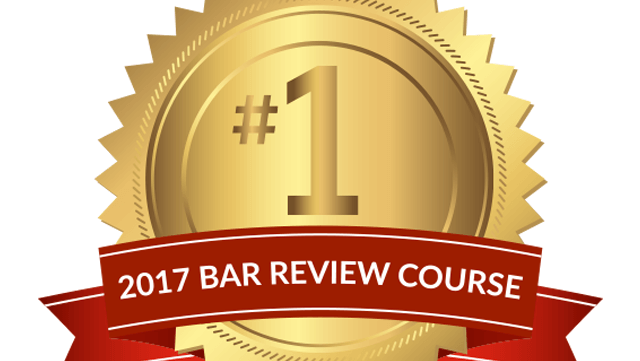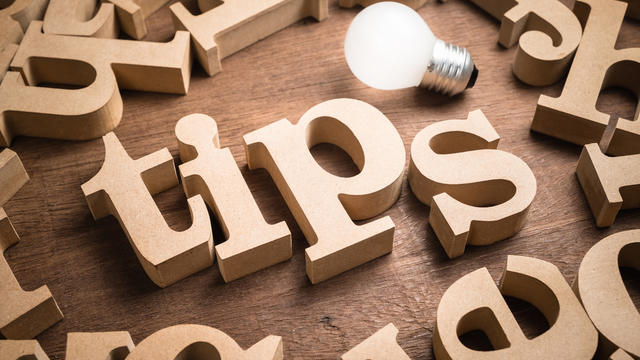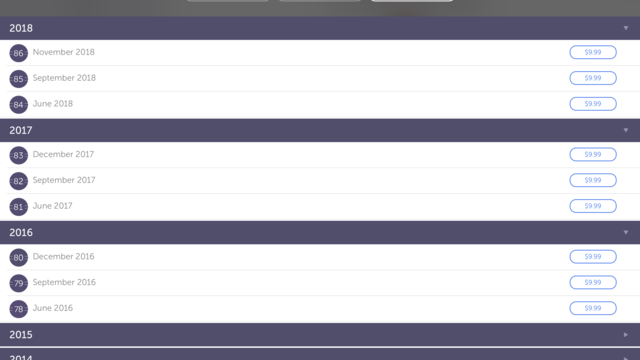This is a guest post by Lauren Firestein, founder of Mind Over Bar.
What's Your Learning Style?
It may sound crude, but passing the bar exam is really about how well you can cram a bunch of information into your head and throw it up on paper in an organized fashion. Heck, the sheer volume of information you must store in your brain just to take the bar exam is enough to overwhelm even the fastest learners. As the leader of Mind Over Bar, a short online course that teaches brain performance tips and tricks for the bar exam, I get asked all the time: How can I memorize faster? How should I be memorizing?
The answer is: it depends on how your particular brain works. When I talk to a client preparing for the bar exam, the first thing I ask is: "How do you learn best?" If you've never asked yourself this question, you're not alone. In this blog series, I will tell you how to pick your learning style and how to use that information to improve the quality and quantity of your memorization.
To determine the answer, take this quiz:
-
In law school, I learned in class by:
- Really listening and taking the most basic of notes, or sometimes no notes at all
- Taking copious notes and then reading and organizing them later; it's hard for me to learn without taking lots of notes
- Taking notes and then doing something with those notes or a book, like discussing the information with someone else, reducing the notes down to smaller outlines, or making note cards
-
My law outlines are:
- Outlines? My outlines are short and very basic, if I have outlines at all
- Usually detailed, organized, with different fonts, colors, and maybe even charts
- I start with a huge outline, and have to keep condensing it down, or sometimes I like creating outlines with other people
-
When I study for an exam, I study best by:
- Listening to the information again out loud, or sitting in a study group or tutoring session where someone is explaining it to me
- Reading and staring at my notes, charts, and note cards
- Doing something with the information, like making note cards, quizzing myself, reorganizing or shortening my outline, or discussing it in a study group
If you answers were:
- All A's: You are an Auditory learner. You learn best by listening to information and/or talking about information.
- All B's: You are a Visual learner. You learn best by seeing information.
- All C's: You are a Kinesthetic learner. You learn best by doing something with the information.
- Combinations of A, B, or C: You are a combo, and should implement more than one study method.
Top Five Memorization Tips
To perform on the bar exam, you must memorize a crap load of information. As the leader of Mind Over Bar, a short online course that teaches brain performance tips and tricks for the bar exam, I get asked all the time: How can I memorize faster? How should I be memorizing? In my previous post, I discussed learning styles and we used the Learning Style Quiz to find your learning style. In this post, I will discuss memorization tips for each learning style.
Once you know your learning style, ask yourself: How can I best teach myself information through this learning style? Here are the Mind Over Bar top five memorization tips for each learning style, to aid in memorization for the bar exam. If you believe you are a mix of styles, or still not sure which style fits you, try learning the same information using 2 or 3 styles.
Auditory
Auditory learners learn best by hearing information repeatedly or by speaking it. When trying to recall information during the bar exam, try to "hear" previous discussions.
Buy a microcassette tape recorder, like this, or if you have a smart phone, download a recording app like this. Then either read information to yourself, or read questions and answers to yourself, pausing so that you can answer each question. Keep the information or questions short, and easy for your mind to digest and keep. Try listening to your tapes before you fall asleep, and right when you wake up.
- Quiz yourself out loud, and answer out loud
- Try reading your notes out aloud
- Put the information into a rhythmic pattern like as a rap or song
- Study in groups, discussing the information
Visual
Visual learners learn by looking at words and images, they recall information by picturing it, and learn best with charts, pictures, colors, and images. When recalling information, try to remember visual clues, what that page of your notes looked like.
- Include colors and various fonts in your outlines so that you can picture the information easier
- Make lots of charts and pictures to explain and remember information. Try using flow charts, tables, and bubbles to relate information to each other. Keep white paper around for explaining things visually to yourself while you study.
- If you work well with pneumonic devices, try writing all of your pneumonic devices on sheets of paper, using colors, and putting those pieces of paper all over your room, bathroom, etc., so that you are repeatedly looking at the information
- After taking notes, organize them so that you can put the information into a way that is meaningful and makes sense to you.
- Make note cards that are very short, so that you can picture the information.
Kinesthetic
Kinesthetic learners need to do something with information to learn it. Since it can be difficult to find things to do with the black letter law you must memorize for the bar exam, you may have to get creative.
- Study in groups where you can explain and discuss information with other people
- Find an activity to do with the information - reduce a large outline down to a smaller one, reduce your outline down into note card, etc., create a one pager, etc.
- Try doing something with your body while you quiz yourself or study, like throwing a ball against the wall or walking
- Think of your own hypos about rules as you learn them, try making your hypos funny and writing down little summaries of your hypos into your outlines
- Try teaching the information to your pet or to a chair
Lauren Firestein is the founder of the Mind Over Bar Course, an innovative course that focuses only on the mental challenges of the bar exam. The course teaches in-the-moment practices you can use to deal with any mental challenge and rock the bar exam.
The Mind Over Bar course is free for BarMax students preparing for the July 2012 bar exam.
Interested in taking the July bar? It's not too late to sign up! Our course calendar begins on June 3.












